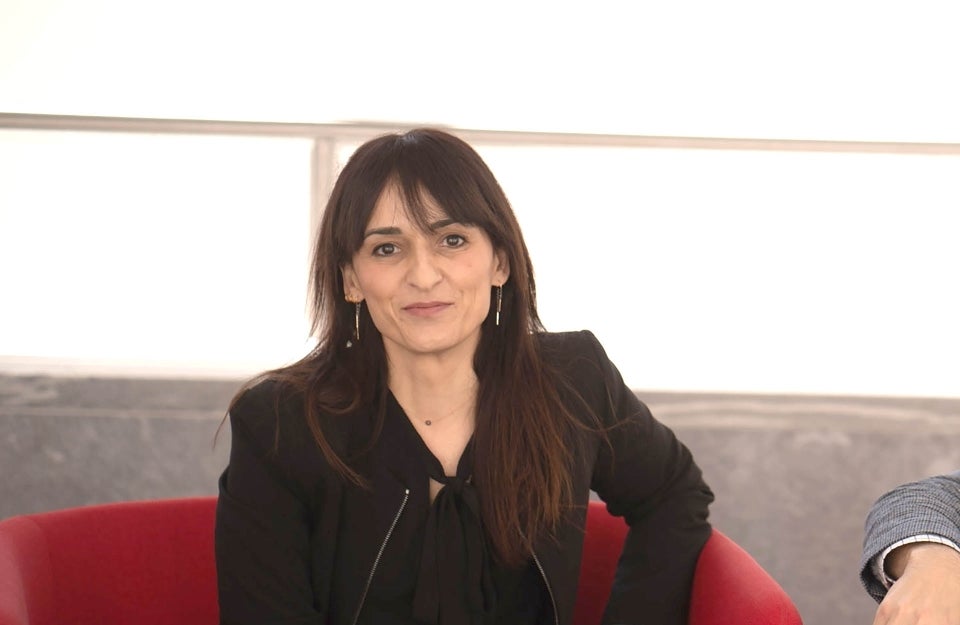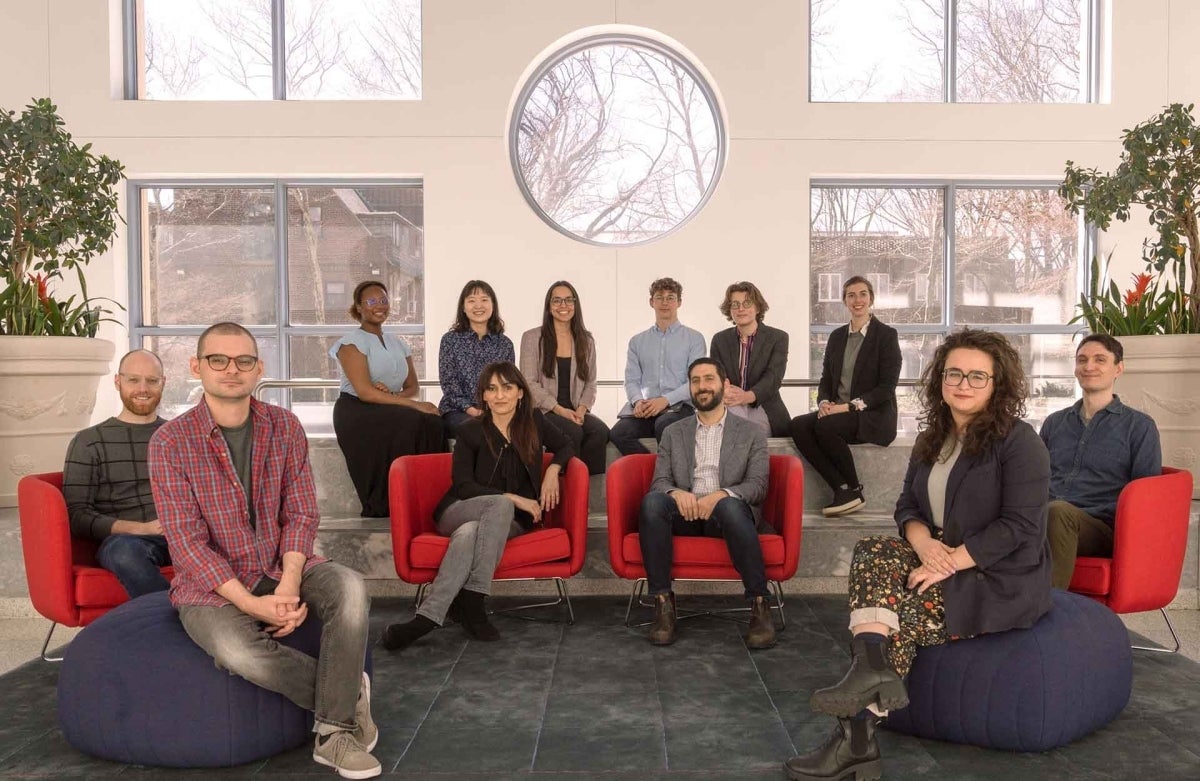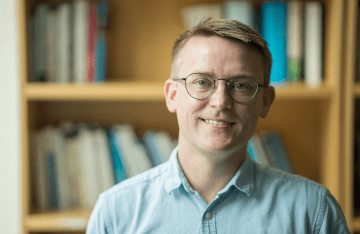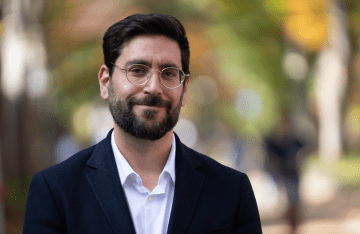Communication Networks Scholar Sandra González-Bailón Promoted to Full Professor
González-Bailón was also recently named director of the new Center for Information Networks and Democracy.

As an undergraduate at the University of Barcelona, Sandra González-Bailón was a sociology major, yet she found herself occasionally skipping class to sit in on research meetings in a totally different discipline — computer science.
During one of these meetings, she recalls, a researcher was praising a new paper in the journal Nature called, “Collective Dynamics of ‘Small World’ Networks.”
“I couldn’t understand 99% of what the paper was about, but it got me interested in networks,” she says.
Fast forward to now, and González-Bailón — who was recently promoted to full professor at the Annenberg School for Communication at the University of Pennsylvania — is an accomplished scholar of communication networks. The author of the paper that intrigued her? Now her colleague, Stevens University Professor Duncan Watts.
González-Bailón’s research, on how communication networks shape exposure to political information, has appeared in journals like PNAS, Nature, Science, Political Communication, The Journal of Communication, and Social Networks, among others.
She is also the director of a new center, the Center for Information Networks and Democracy (CIND), co-directed with Annenberg Associate Professor Yphtach Lelkes, that explores the benefits and risks that information networks have for democracy, supporting research at the intersection of political communication and computational social science.

González-Bailón has always loved learning. Growing up in Vilanova i la Geltrú, an old Mediterranean fishing town south of Barcelona, she spent summers reading books under her grandmother’s carob tree.
She didn’t envision herself as a professor, but after graduating from the University of Barcelona, she realized that she had become hooked on using research to solve theoretical and practical puzzles.
“Academia seemed like the best route to spend as much time as possible with puzzles,” she says.
Her book, Decoding the Social World: Data Science and the Unintended Consequences of Communication (MIT Press), explores how digital footprints can be useful to solving some of society’s most baffling puzzles, particularly, the puzzle of unintended consequences —-- how our intentional actions often trigger outcomes that we did not intend or even envision.
Since entering academia, González-Bailón has continued to add to a long list of accomplishments.
In 2018, she was named a member of the Disinformation and Election Integrity Committee for Social Science One, a research partnership between Facebook and academic institutions. In 2019, she was named a fellow in residence at the Center for Advanced Study in the Behavioral Sciences at Stanford University and a Senior Research Fellow at the Weizenbaum Institute in Berlin.
In 2020, she co-edited The Oxford Handbook of Networked Communication and was named a Penn Fellow, an honor given to outstanding, mid-career Penn faculty.
From 2020 to 2022, González-Bailón served at the Board of Reviewing Editors for the journal Science. She is currently a member of the National Academies Standing Committee on Advancing Science Communication.
González-Bailón also enjoys mentoring her students and working with them in developing their research and professional skills. Her advisees have all embarked on their own academic careers, Yilang Peng (Ph.D. '19) at the University of Georgia, Subhayan Mukherjee (Ph.D. ‘20) at the University of Singapore, Tian Yang (Ph.D. ‘22) at the Chinese University of Hong Kong, and Alvin Zhou (Ph.D. ‘22) at the University of Minnesota. Isabelle Langrock, who will graduate with her doctorate next month, has a postdoctoral fellowship lined up for the coming year at Sciences Po in Paris and was offered a tenure-track position at American University.
“My favorite part of being an academic is the human connection, the constant interactions with the smartest of people, colleagues and students alike,” she says. She has given more than 100 invited talks around the world, including in countries like Colombia, Uruguay, Argentina, Chile, Mexico, Sweden, Switzerland, Ireland, Spain, Germany, Hong Kong, and Singapore.
“I feel very privileged to spend most of my time learning and sharing the lessons learned,” González-Bailón says, “and the Annenberg School has proven to be a delightfully collegial place to grow and keep on growing. My only complaint is that we don’t have a carob tree.”



